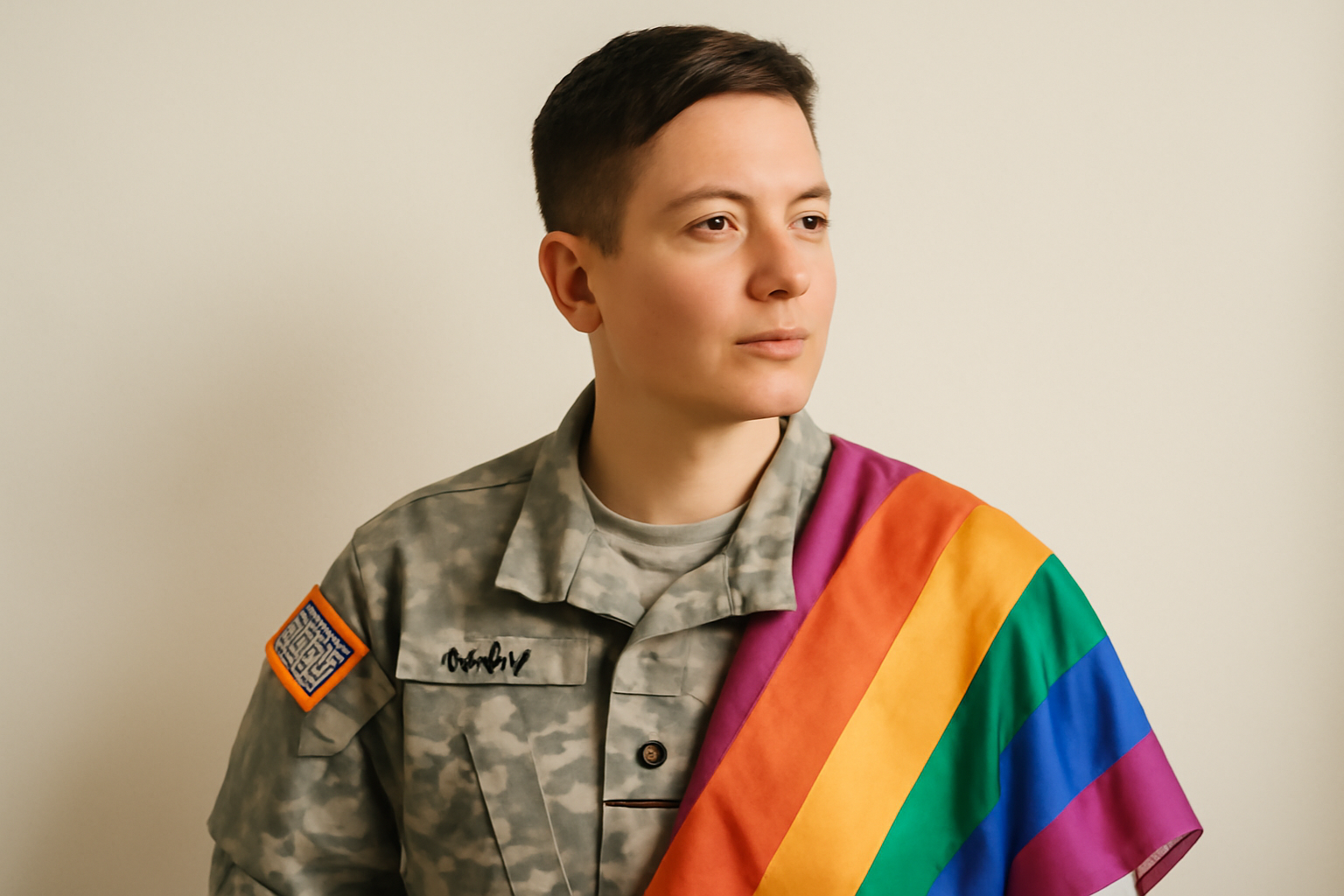
In a significant policy shift, recent developments have signaled a change in the status of transgender individuals serving in the military. This comes after a new directive has been issued that reverses the previous administration's allowance for transgender people to serve openly. The change has sparked widespread debate and concern among advocates for LGBTQ+ rights and military personnel alike.
Background of the Policy Shift
The history of transgender individuals serving in the military has been tumultuous over the past few years. Under the previous administration, a ban was lifted, allowing transgender individuals to openly serve and express their gender identity without fear of discharge or discrimination. This was hailed as a progressive step forward for equality and inclusion within the armed forces.
However, the recent directive from the current administration has reversed this policy, introducing a new ban that effectively bars transgender individuals from enlisting or serving unless they adhere to the gender assigned to them at birth. The decision has been justified by the administration as a means to ensure military readiness and cohesion, though these claims are contested by many experts and advocates.
Implications for Transgender Service Members
The new policy has a range of implications for transgender individuals currently serving or aspiring to serve in the military. For those already serving, there is uncertainty about their future in the military and how the policy will be implemented regarding their status and service. Many face the difficult decision of choosing between their career and their identity, a choice that is fraught with personal and professional consequences.
Transgender individuals seeking to enlist are also affected, as the new policy sets a rigid standard that prevents them from openly serving according to their gender identity. This exclusion not only limits opportunities for transgender individuals but also deprives the military of a pool of capable and willing individuals who are eager to serve their country.
Reactions from Advocacy Groups
Advocacy groups and civil rights organizations have been quick to respond to the new policy. Many have condemned the decision, arguing that it is discriminatory and harmful to both individuals and the military as a whole. They argue that the policy undermines principles of equality and inclusion which are fundamental to a diverse and effective military force.
Experts have pointed out that there is no substantial evidence to support the claim that transgender individuals serving openly has any negative impact on military readiness or cohesion. On the contrary, inclusion and diversity are seen as strengths that enhance the effectiveness and morale of military units.
Legal and Political Challenges
The directive is likely to face legal challenges from various quarters, as civil rights organizations and affected individuals seek to overturn it through the court system. Legal experts suggest that the policy may be challenged on the grounds of discrimination and violation of constitutional rights.
Politically, the decision has drawn criticism from lawmakers and public figures who advocate for LGBTQ+ rights. Many see this as a backward step in the ongoing struggle for equality and acceptance for transgender individuals in all walks of life, including the military.
Future Prospects
The future for transgender service members remains uncertain as the situation continues to evolve. Advocacy groups are rallying to provide support and resources for those affected, while also pushing for legislative and judicial remedies to overturn the ban.
As society continues to grapple with issues of inclusion and diversity, the military's approach to transgender service members will remain a pivotal issue in the broader discourse on human rights and equality. The hope among advocates is that future policies will reflect a commitment to these values, allowing all individuals, regardless of gender identity, to serve their country with pride.
This policy shift highlights the ongoing challenges faced by the LGBTQ+ community, but also the resilience and determination to fight for equal rights and representation in all spheres of life, including the military.
Related Posts
"Wicked": Unveiling Fiyero's Destiny - Hidden Clues You May Have Overlooked
Have you ever been swept away by a story that leaves you unraveling clues long after it ends? That's exactly what "Wicked" does with its enchanting narrative, unforgettable songs, and complex characters. Among them, Fiyero stands out as a charming prince whose surprising metamorphosis by curtain fall makes us wonder: were there hints about his fate scattered throughout? Let's dig deep and see if " [...]
Triumphant Trans Woman Wins Legal Battle and Inspires Others to Stand Up for Their Rights
Breaking new ground: a landmark victory in transgender rights After battling in courtrooms and enduring endless challenges, Diana Portillo, a transgender woman, has secured a monumental victory in her decade-long fight against workplace discrimination. The result? Nearly $1 million awarded in a historic settlement. But this isn't just a win on paper—it represents a powerful precedent in combati [...]
Pride Month in Latin America: Protests and Demands for Equality
**Celebrating Pride and advocating LGBTQ+ rights in Latin America** Pride Month in Latin America was a lively mix where celebration met activism. Communities united, not just throwing a party but making a stand—demanding equality and pushing governments toward better protection and rights recognition. Throughout Latin America, pride events erupted in marches and cultural displays, each with a c [...]